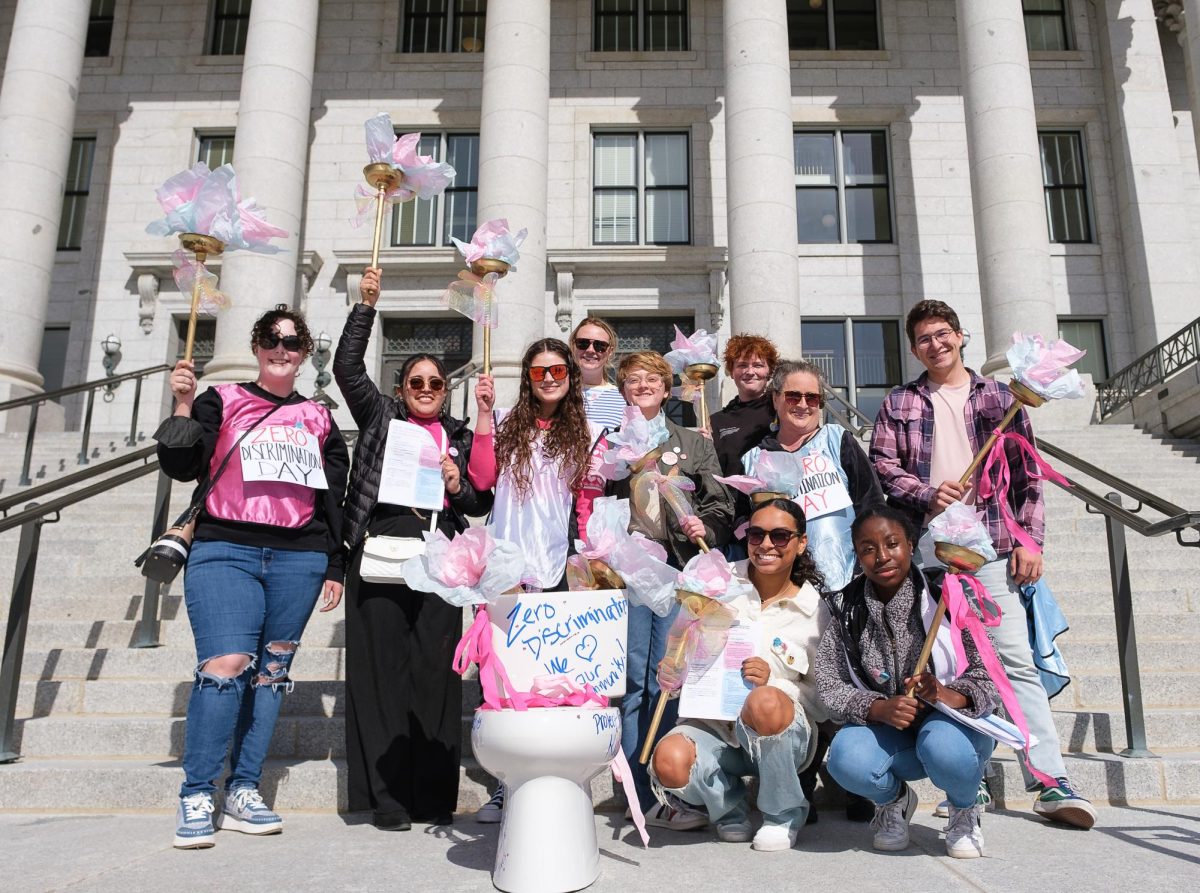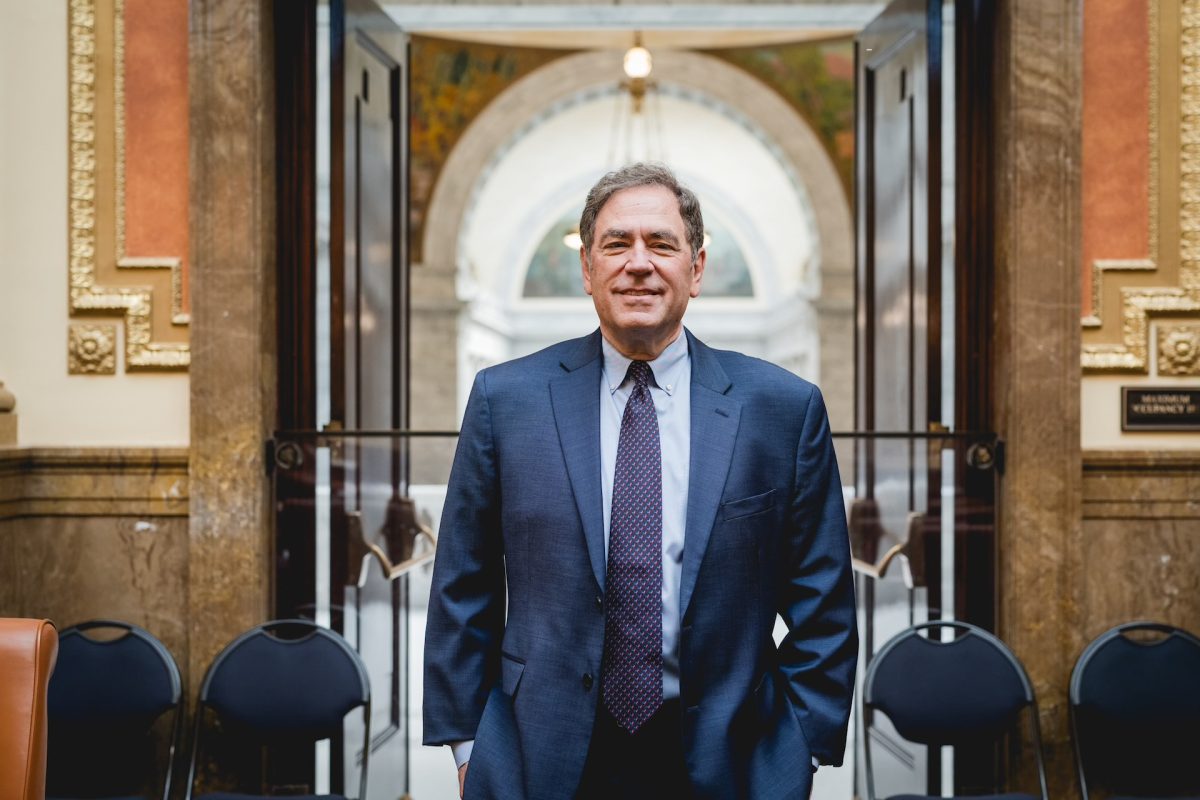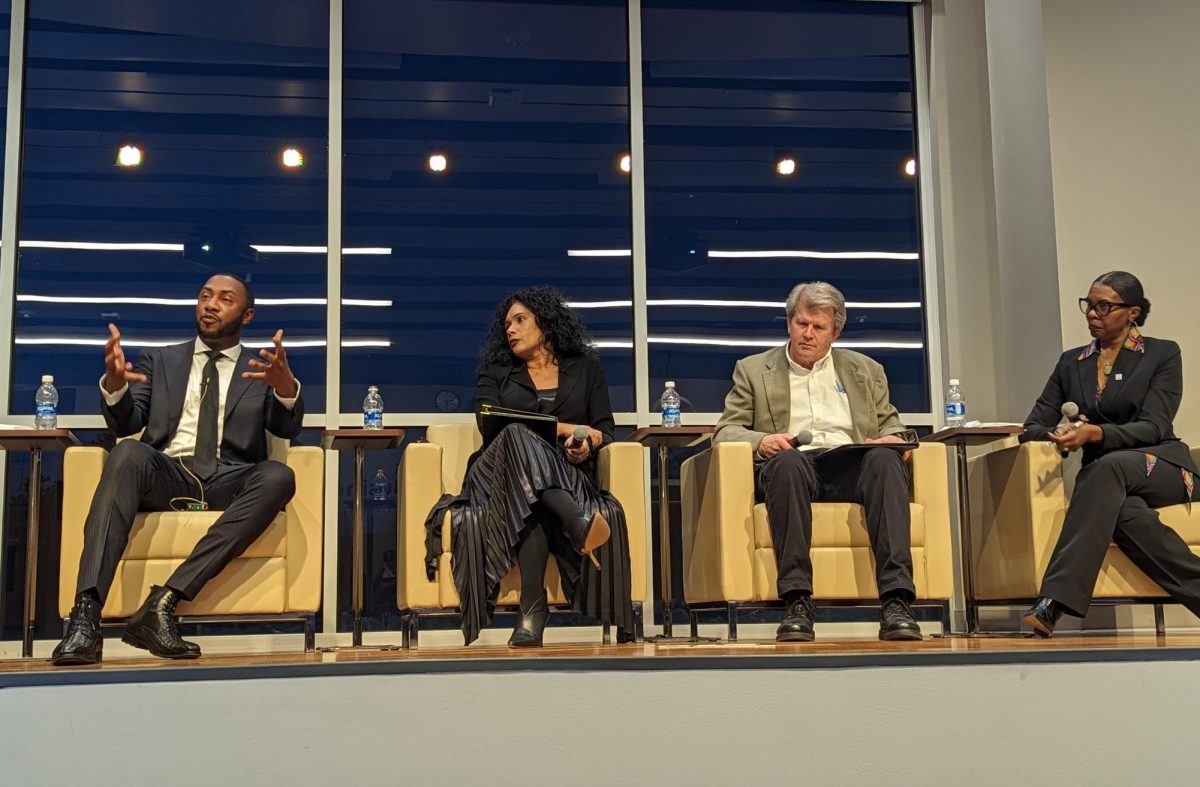WASHINGTON, D.C.8212;The U.S. Senate gave the House of Representatives another chance to vote in favor of a plan to bail out the banking industry.
The Senate passed a bill Wednesday containing the plan to use $700 billion to help the financial crisis, after the House voted against a similar bill on Monday.
Utah Sens. Orrin Hatch and Bob Bennett voted in favor of the bailout plan, as did presidential candidates Barack Obama and John McCain. The Senate voted 74 to 25 in favor of the proposal, which accompanied legislation requiring mental health conditions to be treated as medical conditions by insurance companies.
The bailout portion of the bill included additions such as $150 billion in tax breaks for individuals and businesses, as well as greater insurance coverage of bank deposits by the Federal Deposit Insurance Corp., increasing the maximum from $100,000 to $250,000.
Congress is expected to vote on the bill today.
Utah Rep. Rob Bishop, R-District 1, said he is wary the bill might look identical to the one that came before. Bishop voted against the first bill and said representatives like himself need to be convinced the bailout is the best available option.
“If the bill ends up still being at $700 billion, that is going to be an almost impossible sell,” he said in an interview at his office in Washington D.C. “That is why a lot of people voted no.”
Bishop said the plan must include an increase in FDIC guarantees, similar to the one the Senate bill attached.
“It would give a whole bunch of security not just to individuals but to small business owners,” he said.
Bishop said House leaders have two options to use in the next few days: Either they can be divisive and drive away conservative votes or they can compromise and attract more voters.
“They can either try to ram something liberal through, or they can come up with something that gives greater taxpayer protection and greater security so that we won’t be passing over mammoth amounts of power to the executive branch,” Bishop said.
Some congressmen in favor of the bailout plan said they were worried how Republicans will receive the new bill. Republicans voted against the first bailout bill 133 to 65.
Rep. Patrick Kennedy, D-Rhode Island, said GOP congressmen failed the American people when the first bill was voted down.
“The Republican Party has everything to gain by putting the economy back on track,” he said. “They ignored their own self-interest by putting the economy behind them.”
Some Democrats are also against any bailout legislation. Democrats voted against the first plan 95 to 140. Rep. Dennis Kucinich, D-Ohio, voted against the bill initially. He said he and other congressmen will vote in favor if the bill focuses more on a larger portion of Americans.
“The bill was just simply to protect the most powerful economic interest in our country,” Kucinich said. “Any time you talk about spending $700 billion, you better help more than a few people.”
Rep. David Scott, D-Georgia, also voted no. He said the only way to get greater support from Congress is to convince the constituents first. Bishop said his vote was impacted heavily by the unpopularity of the bill.
“This bill was overwhelmingly unpopular at home. All of my staff here and at home was encouraging me to vote no,” he said. “But it wasn’t the only factor.”
Scott suggested financial leaders, congressmen and the media need to help the American people see the bill as legislation that can help them overcome or avoid home foreclosures.
“This is not just a Wall Street problem,” he said. “This is a problem at the kitchen table of every American family. We have to do something to help keep folks in their homes and put a bottom underneath the foreclosure bin.”
Editor’s Note8212;Jed Layton and Gong Jietong are reporting from Washington, D.C. through the Hinckley Institute of Politics and Shantou University.
 The Associated Press / Evan Vucci
The Associated Press / Evan VucciHouse Majority Leader, Rep. Steny Hoyer, D-Md., talks to reporters after meeting with fellow Democrats about the financial bailout package Thursday, Oct. 2, 2008 in Washington.















